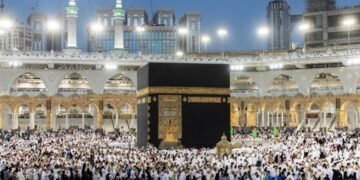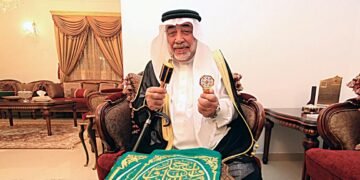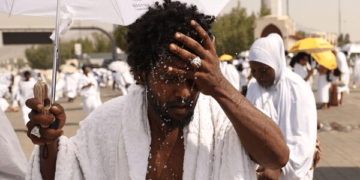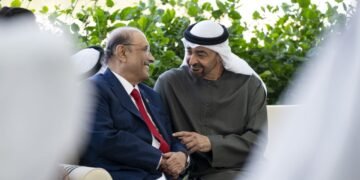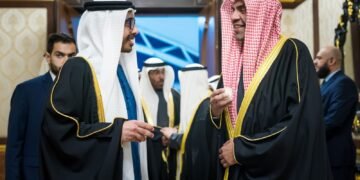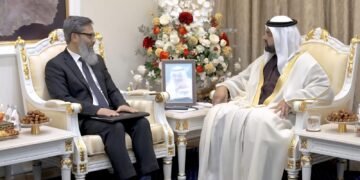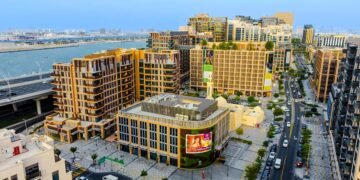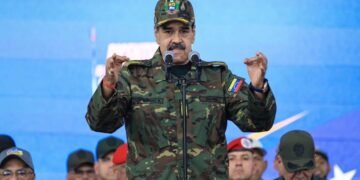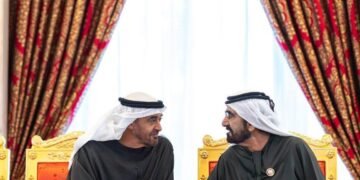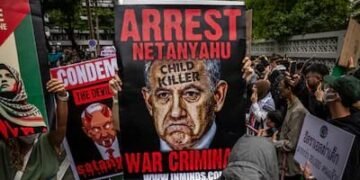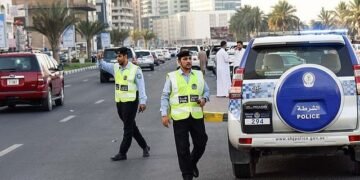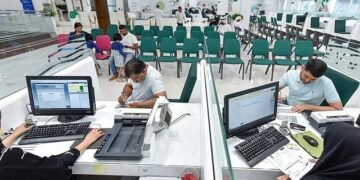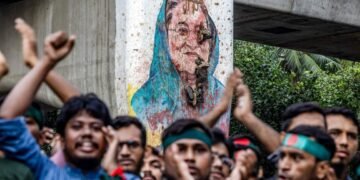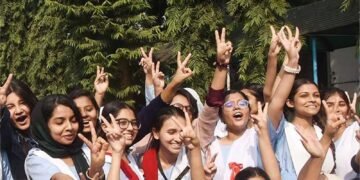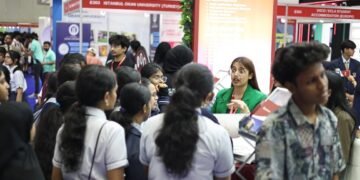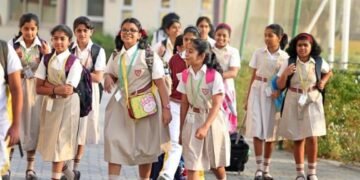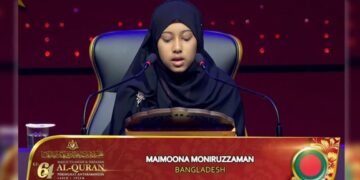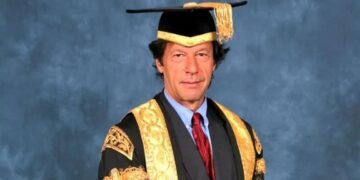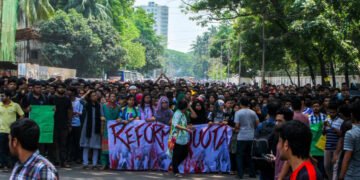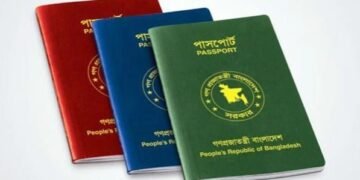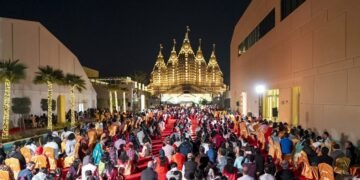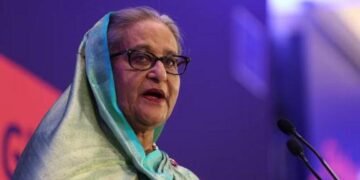Nobel winner Dr. Muhammad Yunus, known as the ‘banker to the poor’, is the choice of the student movement to head the new interim government.
Key organisers of Bangladesh’s student protests have said Nobel Peace Prize laureate Muhammad Yunus should head an interim government after longtime Prime Minister Sheikh Hasina resigned and fled the country.
Nahid Islam, a 26-year-old sociology student who spearheaded the protest movement against quotas in government jobs that morphed into a national uprising against the administration, said in a video post on social media that Yunus had consented to take over.
“We want to see the process rolling by the morning,” Islam said late on Monday. “We urge the president to take steps as soon as possible to form an interim government headed by Dr Yunus.”
President Mohammed Shahabuddin on Tuesday announced that parliament had been dissolved after assuring earlier that new elections would be held as soon as possible.
The announcement came after a scheduled meeting between the protest organisers and the army chief.
Student protest leaders have repeatedly said they would not accept an army-led government.
“We have given our blood, been martyred, and we have to fulfil our pledge to build a new Bangladesh,” Islam said.
“No government other than the one proposed by the students will be accepted. As we have said, no military government, or one backed by the military, or a government of fascists, will be accepted.”
Reporting from Dhaka, Al Jazeera’s Tanvir Chowdhury the Students Against Discrimination movement had given “an ultimatum,” saying parliament should be dissolved or else they would resume protests, and their demand was granted.
Chowdhury said the streets of the capital were largely quiet on Tuesday as many businesses opened up again, but that tension still lingered in the air as the movement called for calm as they put forward a list of names for the new interim government.
Interim government
Yunus, 84, has been named as a possible chief adviser to the proposed interim government.
Known as the “banker to the poor”, he received the Nobel Peace Prize in 2006 after he pioneered microlending and is credited with helping lift millions from poverty by providing tiny loans. He faced corruption accusations in Bangladesh and was put on trial during Hasina’s rule, but maintained the charges against him were politically motivated.
A spokesperson for Yunus said he had accepted the students’ request to be an adviser to the interim government, the Reuters news agency reported. The Nobel laureate would return to Bangladesh “immediately” after a minor medical procedure in Paris, the spokesperson was quoted as saying.
Following the removal of Hasina on Monday, army chief General Waker-Uz-Zaman said he was temporarily taking control of the country as soldiers tried to stem the growing unrest.
He said he had held talks with leaders of major political parties – excluding Hasina’s long-ruling Awami League – and announced that an interim government would run Bangladesh.
He also promised to investigate the deaths of at least 135 people across Bangladesh since mid-July in some of the country’s worst bloodshed since the 1971 war of independence. “Keep faith in the military. We will investigate all the killings and punish the responsible,” he said.
Shahabuddin, the country’s figurehead president, also announced that it was “unanimously decided” to immediately release the opposition Bangladesh Nationalist Party (BNP) chairperson and Hasina’s nemesis, Begum Khaleda Zia, who was convicted in a corruption case in 2018 but moved to a hospital a year later as her health deteriorated. She has denied the charges against her.
The protests began peacefully last month as frustrated students demanded an end to a quota system for government jobs that they said favoured those with connections to the Hasina’s Awami League party.
They then morphed into an unprecedented challenge to Hasina, amid a harsh crackdown by police, highlighting the extent of economic distress in the country.
On Monday, protesters defied a military curfew to march into the capital’s centre, setting fire to Hasina’s official residence and massing outside the parliament building, where a banner reading “justice” was hung.
Crowds also ransacked Hasina’s family ancestral home-turned-museum where her father, Sheikh Mujibur Rahman – the country’s first president and independence leader – was assassinated.
Hasina, meanwhile, landed at a military airfield near New Delhi and met India’s National Security Adviser Ajit Doval, according to Indian media reports, which also said that she was taken to a safe house and was likely to travel to the United Kingdom.
India’s Foreign Minister S Jaishankar on Tuesday gave the first official confirmation that Hasina was in the country. He told parliament during an emergency meeting that he was “deeply concerned till law and order is visibly restored” in neighbouring Bangladesh.
India shares a more than 4,000-kilometre (2,545-mile) border with Bangladesh.
“At very short notice, she requested approval to come for the moment to India,” Jaishankar said.
“Our border guarding forces have also been instructed to be exceptionally alert in view of this complex situation,” he added.
Hasina, 76, had been in power since 2009 but was accused of rigging elections in January and then watched millions of people take to the streets over the past month demanding she step down.




